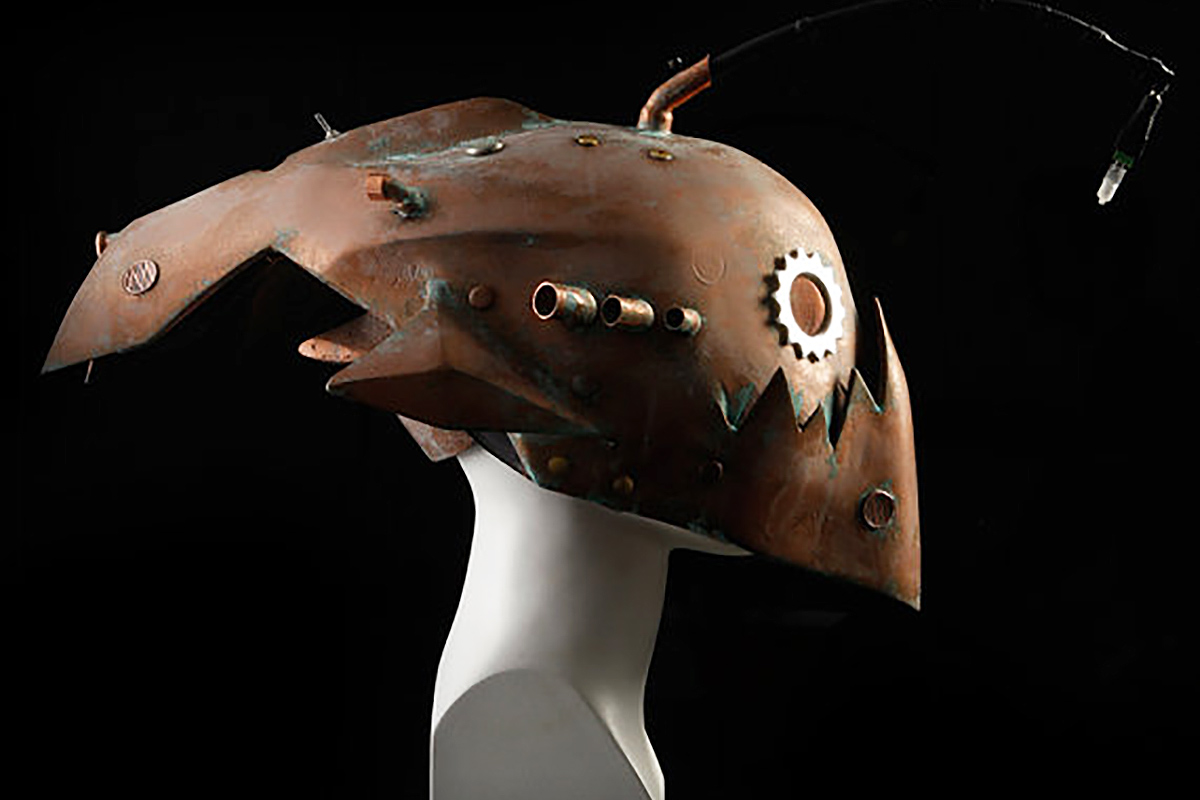This article is outdated. Click here for a more recent take.
Reactions to the Victoriental issue of the Gatehouse Gazette (March 2010) have been pretty fierce. The opinions of those provoked by it may best be summarized by Ay-leen, who noted that using the phrase “Victorientalism” to imply a “positive, transcultural blend” of cultures is “misguided.”
Others have been less nuanced in their renunciations of what they assume to be our position.
Chains of reality
To understand this indignation, let me reiterate part of the issue’s editorial.
In it, I opined that steampunk allows the “incorrigible aficionados of Oriental romance […] to reject the chains of reality and all the racism and guilt” associated with the imperial experience. Indeed, I asked, “Isn’t this, after all, steampunk’s very premise? To delve into a past that never really was.”
Said’s shadow
The concept of “Victorientalism” is only part steampunk, however; it borrows heavily from nineteenth-century Orientalism — the full spectrum of art, literature and academic studies of “the East” as perpetrated by Westerners during the heydays of empire.
Modern-day scholars of area studies are forever indebted to — and haunted by — by the condemnations of Edward Said, who wrote Orientalism in 1978 as a charge against what he saw as the invariably racist attitude of Westerns toward the people who formerly inhabited their colonies.
According to Said, nineteenth- and early-twentieth-century artists, authors and historians shared a paradigm that stressed Western superiority and engendered all of Asia as the unequivocal representation of Otherness. Every European therefore, wrote Said, “in what he could say about the Orient, was consequently a racist, an imperialist and almost totally ethnocentric.”
Smitten with the East
In a review of Robert Irwin’s For Lust of Knowing (published in the United States as Dangerous Knowledge, 2006), American scholar Martin Seth Kramer describes how Said set out to substantiate his indictment.
He “cherry-picked evidence,” according to Kramer, “ignored whatever contradicted his thesis and filled the gaps with conspiracy theories.”
Irwin’s book provides a much more complete, and a much more neutral, study. Orientalism may be premised on a flawed approach, and many past Orientalist studies may lack in terms of facts and analysis, but the concept is not steeped in bigotry, nor was its purpose to facilitate the colonial subjugation of non-Western peoples. Irwin amply, exhaustively, proves the sincerity of nineteenth-century Orientalists. They were smitten with the East and its cultures. Many of them failed at impartial study, but they were no Great White Hunters.
Reliving the fantasy
Jaymee Goh makes a good point when she determines that Orientalism is “really about what Europe thinks about the East,” which means; “it’s all about Europe, not about Asia.”
This is precisely so and it is from this perspective that part of issue 11 of the Gatehouse Gazette was written: to relive the inaccurate, the imperfect and the improper, but the oh so romantic and beguiling fantasy that was Asia before we knew it.
Is this disdainful and snobbish and patronizing? Perhaps. But then, isn’t all of steampunk?
We blissfully reminiscence about imperial grandeur, shuffling aside the slavery, the segregation, the tyranny and the bloodshed there were part of it.
We are only too willing to recreate, in our writings and in our costumes, the tastes and sensibilities of the Victorian upper class, very often ignoring the misery of the poor and the desolation of the oppressed.
Is this obnoxious? Fine. Is it offensive? No. Because steampunk is fiction, not research.
As much as the average steampunk enthusiast doesn’t pretend to fully or faithfully recreate the past, Victorientalism doesn’t claim to be an objective study of Asian cultures.
Ay-leen believes there would be no problem, “if the political and social effects of Orientalism were dead and gone,” but should we feel embarrassed for telling certain stories and enjoying a distorted nostalgia because there are still xenophobic imbeciles out there who might think we’re serious? Surely not!





